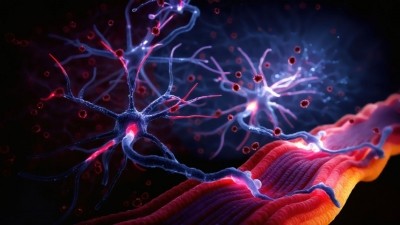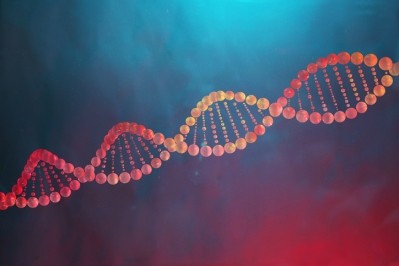Serious adverse event causes problems for Neurogene’s Rett gene therapy

Neurogene has two gene therapy candidates in phase 1/2 clinical development for both Rett syndrome and Batten disease, both rare genetic neurological diseases.
The Rett syndrome phase 1/2 trial is testing the company’s lead adeno-associated viral vector (AAV)9 gene therapy NGN-401, which is designed to deliver the full length MECP2 gene.
So far, 5 children with Rett syndrome have received a low dose of the therapy and 3 a high dose. The company reported last week that the first four children (aged 4-7 years) given low dose therapy have already achieved good efficacy results at 15 months that have continued to improve with time.
However, this week the company provided details about one of the patients given high dose therapy who had a serious adverse event linked to the therapy. The treatment triggered a rare case of systemic hyperinflammatory syndrome, a potentially life-threatening reaction that has been observed before in people given high doses of AAV gene therapies. The participant remains in a critical condition.
Neurogene informed the FDA when the event occurred earlier this month, and the regulator has allowed the low-dose treatment arm to continue but has stopped the high dose arm. No other serious adverse events have been observed in the trial in either treatment group.
“We are deeply saddened for the family. While no words could possibly provide comfort to her family, we ask the Rett syndrome community to join us in sending heartfelt thoughts to her family, friends and the dedicated clinicians who are caring for her,” said Rachel McMinn, Founder and CEO of Neurogene. “The safety of the participants in our clinical trial is and remains our foremost priority as we work to find solutions for this devastating disease.”
The news caused the company’s share price to drop by 20%. While the low-dose arm of the trial continues, the study will need to be delayed so the trial protocol can be updated to reflect the discontinuation of the high-dose arm.
It is more bad news for Neurogene, following last week's announcement that it will not continue to develop its second gene therapy candidate (NGN-101) for Batten disease, due to difficulties finding a suitable pathway to approval with the FDA.
Targeting an unmet need
Rett syndrome is a neurological disease affecting around 1 in 10,000 female births caused by a mutation in the MECP2 gene on the X chromosome. The disease-causing mutation leads to abnormally low levels of methyl cytosine binding protein 2, which plays a key role in brain and nervous system function.
The condition is almost always caused by a new mutation rather than being inherited and almost always occurs in girls, as boys born with the condition tend to die shortly after birth. Symptoms are variable but can start as early as 6 months of age impacting neurological development and movement and the condition usually becomes worse with time.
There is no cure for Rett syndrome, although an oral anti-inflammatory drug to treat some symptoms of the condition called trofinetide was developed by Neuren Pharmaceuticals and approved last year.
If an effective gene therapy could be developed for Rett syndrome that can be given at an early age, it could be life changing for these children and could allow them to have improved neurological development as they grow up.











